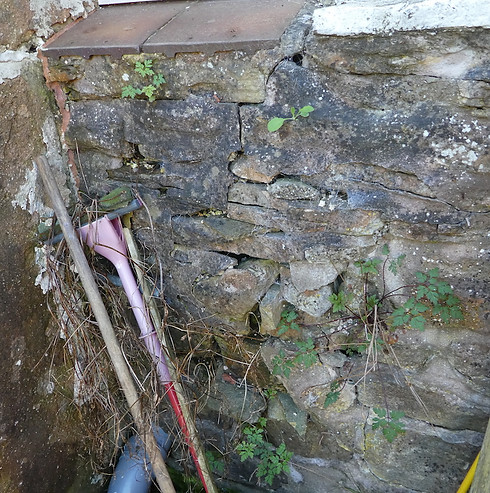
Building Condition Surveys
If you're looking to buy a property you understandably need to know what you're going to be getting.
Even the smallest building is likely to require a large investment, so buying a 'lemon' is not an option for most.
A buyer typically wants to know the extent of any issues to get a sense of how far they might need to go to restore a building to its former glory.
A condition survey for a property is an in-depth piece of work and involves a detailed site inspection, followed by a comprehensive written report to set out what has been discovered.
The survey and written report exposes the defects found, which means that the purchaser can make an informed decision regarding the purchase and, where appropriate, discuss price reductions or other actions before the sale proceeds further.
I'm persistent and will keep investigating until I am satisfied as to the most likely cause of the issue.


If you wouldn't buy a car without an MOT, why would you buy a house without a Condition Survey?
It might sound flippant, as no house travels at 70mph, so perhaps the risks are a little different. If however I enter a roofspace and find heap of old roofing tiles resting directly onto a bedroom ceiling, you might begin to appreciate the unseen risks that a property can hide, beyond repainting those windows that might be more obvious.
It is really quite a similar process to an MOT however, in that I am independent from the buyer and seller, I am simply in search of the true condition of a building so that the purchaser can be made aware as to what they are trying to buy.

A building condition survey tends to pull up one of two things, either bad maintenance or poor repair works (sometimes it's both).
The cost of repairs can be eye-watering when it comes to things like the electrical systems and roof coverings, so the idea is to give an honest view of the house without any rose tinted glasses and explain what the problem is and how the hopeful new owner might go about repairs.
Sadly it is sometimes the case that the current owners have tried to hide problems or simply just put up with them, however the key is in knowing where to look.
Equally, the seller may not be aware of the issues at all, so with the best will in the world an independent perspective from someone who has been climbing into lofts for 25 years might be worthwhile.
The worst case scenario with a condition survey is that it results in the buyer walking away as the property represents too many problems to fix.
It is rare however and the majority or surveys end in some form of renegotiation between the buyer and the seller to reflect the problems found.
